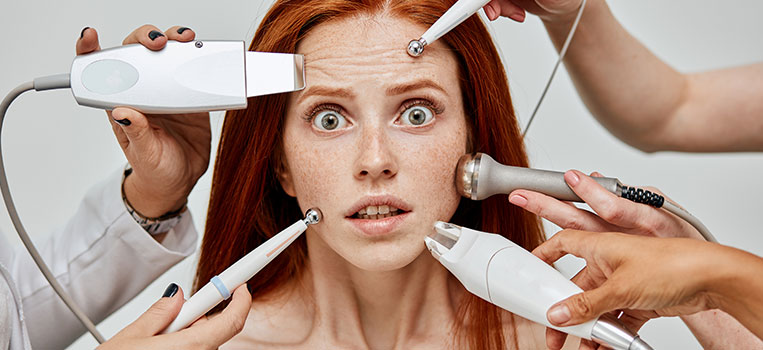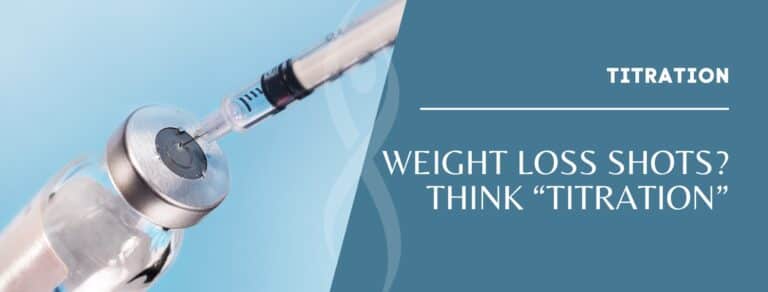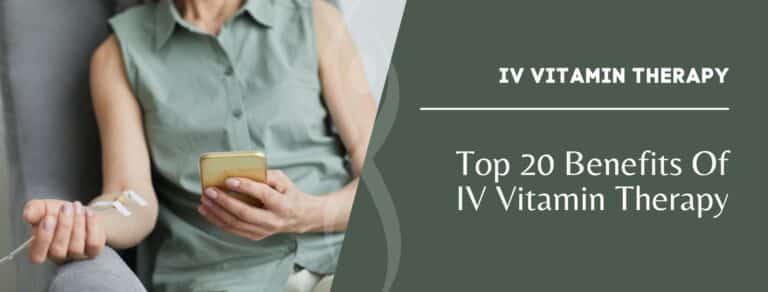WHAT CAUSES AGING?
Our age-obsessed culture is wholly consumed with anti-aging and increasing longevity, but growing old is unavoidable. Bummer. But hey, they say 40 is the new 30, while 60 now looks and feels like 40. Cher at 73? Tina Turner at 79? Mick Jagger at 75? They seem ageless. We’re not all so lucky. The fact is, Ponce de Leon never found the Fountain of Youth. And you’re never going to find it in online anti aging “miracle creams”. Gratefully, though, our capacity and understanding of the aging process has left us with opportunities to live vital and active lives far past those of our ancestors. Aging doesn’t mean turning into dottering oldies with failing memories and non-existent sex lives. But aging does come with many physical changes to our bodies.
AGING: IT’S NOT ONE THING, IT’S A LOT OF THINGS.
So why do we age? No single process can explain all the changes of aging. There are many theories; one states that aging is natural and programmed into the body, while another says that aging is a result of damage which is accumulated over time. In the end, aging is a complex interaction of genetics, chemistry, physiology, and behavior. For example, the immune system is programmed to decline over time, leaving people more susceptible to diseases. Cells and tissues simply wear out. Even environmental influences such as free radicals can do damage to our body’s systems. Another extremely key factor is the hormones that circulate throughout our bodies. But we’ll get to that.
AGING HEAD TO TOE, INSIDE, OUT.
As we’ve said, as we age, our body’s organs and other systems make changes. Here is a brief overview of how body systems age:
- Heart Aging: the heart muscle thickens with age as a response to the thickening of the arteries. This thicker heart has a lower maximum pumping rate.
- Immune System Aging: T cells take longer to replenish in older people and their ability to function declines.
- Arteries and Aging: arteries usually stiffen with age, making it more difficult for the heart to pump blood through them.
- Lung Aging: the maximum capacity of the lungs may decrease as much as 40 percent between ages 20 and 70.
- Brain Aging: as the brain ages, some of the connections between neurons seem to be reduced or less efficient. This is not yet well understood.
- Kidney Aging: the kidneys become less efficient at cleaning waste from the body.
- Bladder Aging: the total capacity of the bladder declines and tissues may atrophy, causing incontinence.
- Body Fat and Aging: body fat increases until middle age and then weight typically begins to decrease. The body fat also moves deeper in the body as we age.
- Muscle Aging: muscle tone declines about 22 percent by age 70, though exercise can slow this decline.
- Bone Aging: starting at age 35, our bones begin to lose density. Walking, running and resistance training can slow this process.
- Sight and Aging: starting in the 40s, difficulty seeing close detail may begin.
- Hearing and Aging: as people age, the ability to hear high frequencies declines.
But relax; aging doesn’t have to seem like the end of the world.
SLOW DOWN, YOU’RE AGING TOO FAST.
7 Signs Your Body Is Aging Faster Than You Are:
You have hair loss—and not just on your head – Seeing a little (or a lot) of scalp peeking through your hairline is a well-known sign of aging but surprisingly, it isn’t limited to your head. If you’re younger and you notice things getting a little sparse on your arms, legs or *ahem* other places, it can indicate your body is aging faster than you think.
You can’t lift the 30-pound bag of dog food into your cart – Muscle strength is directly correlated to how you age, since you actually lose muscle mass the older you get, making you progressively weaker.
Bruises take forever to heal – One important and often overlooked sign of premature aging is that you find yourself healing from wounds and injuries more slowly than you used to. Skin is your largest organ and normally has an amazing ability to heal itself, so if yours isn’t recovering well, something is definitely going awry in the internal aging systems.
Your favorite pants are tight in the waist but loose in the legs – Gaining fat around your midsection is a common sign your body is aging quickly. Add that to the muscle and bone loss that also accompany aging, causing your thigh muscles to shrink and your height to decrease, and you have the recipe for some really poor-fitting pants.
You’re burning through giant bottles of lotion – Is your skin chronically dry and flaky? That could be a sign of premature aging. However, there are other causes, like everyday things causing your dry skin. It can also indicate an underlying medical condition like hypothyroidism. Low thyroid function left untreated can also give you a puffy face, weight gain, thinning hair, impaired memory, painful joints, and muscle weakness—all things that will age you faster than a time machine.
You sleep like a baby—fitfully, and not through the night – Insomnia or problems getting a good night’s sleep can be a sign your body is aging quickly. Often this is due to high levels of cortisol, also known as the stress hormone. Cortisol rises are inevitable as we age, however, with many people it rises too quickly, usually due to stress. Too much cortisol not only ages you faster but can promote weight gain, lower your immune function, and can lead to many chronic diseases.
Your period is super random – For women, the frequency and predictability of your menstrual cycle can be an early sign of aging, and it can start 15 years before menopause. One sign many people do not correlate with aging in females is irregular menstrual cycles in their 30s and 40s. This hormonal irregularity is important to address since changing hormones can increase weight gain, decrease muscle mass, cause sleep disturbances, and cause your body to age faster, predisposing you to heart disease, osteoporosis, and diabetes.
ANTI-AGING AND HORMONES: IT’S ALL IN THE BALANCE.
As you can see, there are a myriad of reasons that can add to the aging process. But the one we can’t stress enough, are hormones. Hormones are the chemical messengers in our bodies. They flow through our bloodstream to signal specific cells or organs, telling them what to do to keep all our body systems in balance. When they’re out of whack, you’re out of luck. Hormones are key in the aging process. When our hormones are unbalanced, our bodies age more quickly. No one understands better than the medical experts at Thrive Health Solutions. They look at the whole person, aiming to make them feel their very best. That’s why they offer comprehensive cutting-edge treatments in hormone balancing and anti aging. All safe, all medically supervised. When you put your body in the hands of the knowledgeable, experienced specialists at Thrive, you can trust that their hormone balancing, and anti-aging treatments will deliver noticeable results. You’ll feel better. You’ll look better. (In fact, probably your best.) And what could be better than that? Aging doesn’t have to take a serious toll on your body. Call Thrive at (303) 790-8446 or visit here for an appointment today. That in itself ought to make you feel good.




